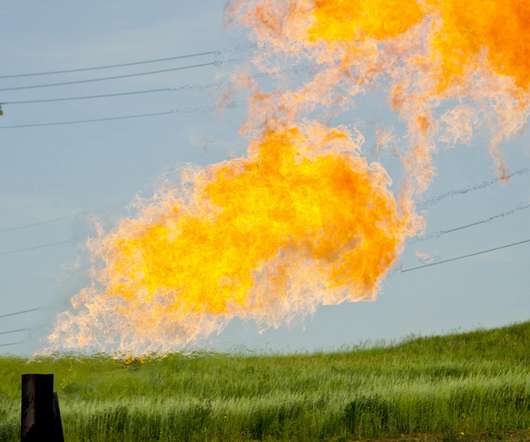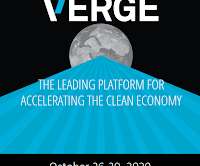As Oil Giants Turn to Bitcoin Mining, Some Spin Burning Fossil Fuels for Cryptocurrency as a Climate Solution
DeSmogBlog
MARCH 31, 2022
Flaring — or the burning of stranded natural gas directly at an oil well — is one of the drilling industry’s most notorious problems, often condemned as a pointlessly polluting waste of billions of dollars and trillions of cubic feet of natural gas. How does ExxonMobil plan to reach that goal?















Let's personalize your content